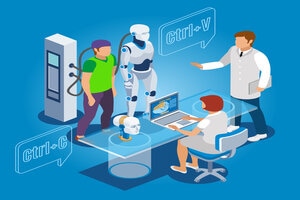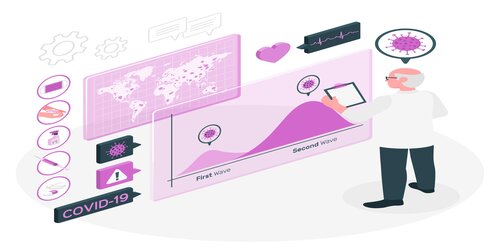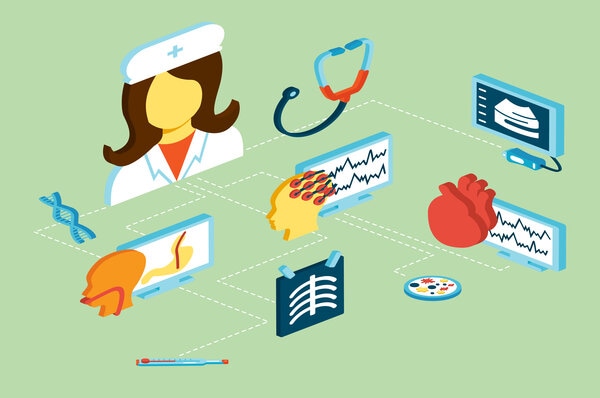
Is Investing in CCM Software Worth It?
Chronic diseases like diabetes, hypertension, and heart disease are among the leading causes of hospitalization and healthcare costs worldwide.






© 2024 Crivva - Business Promotion. All rights reserved.